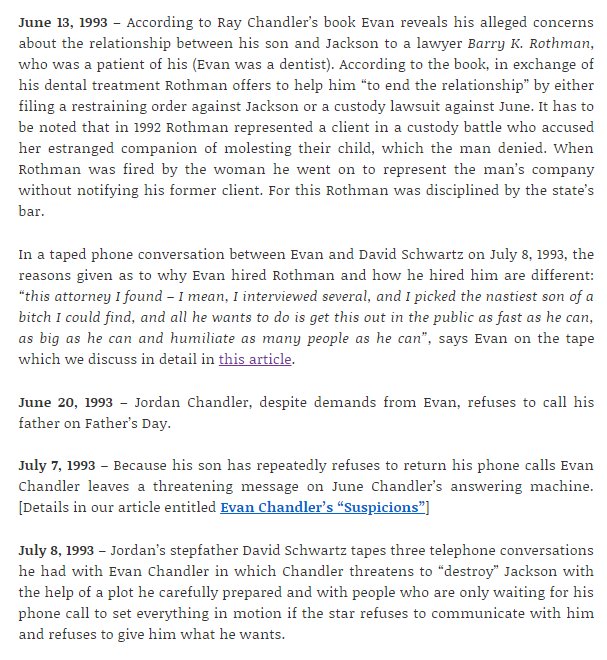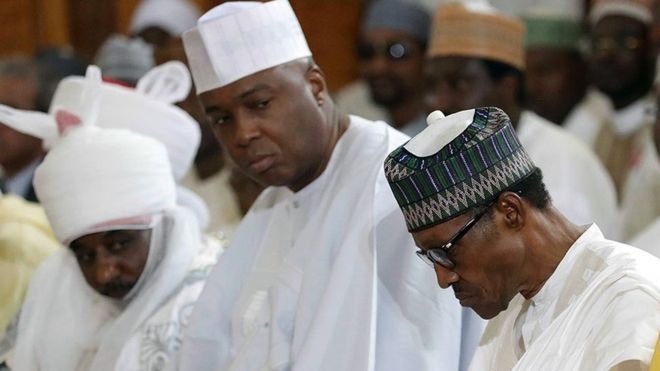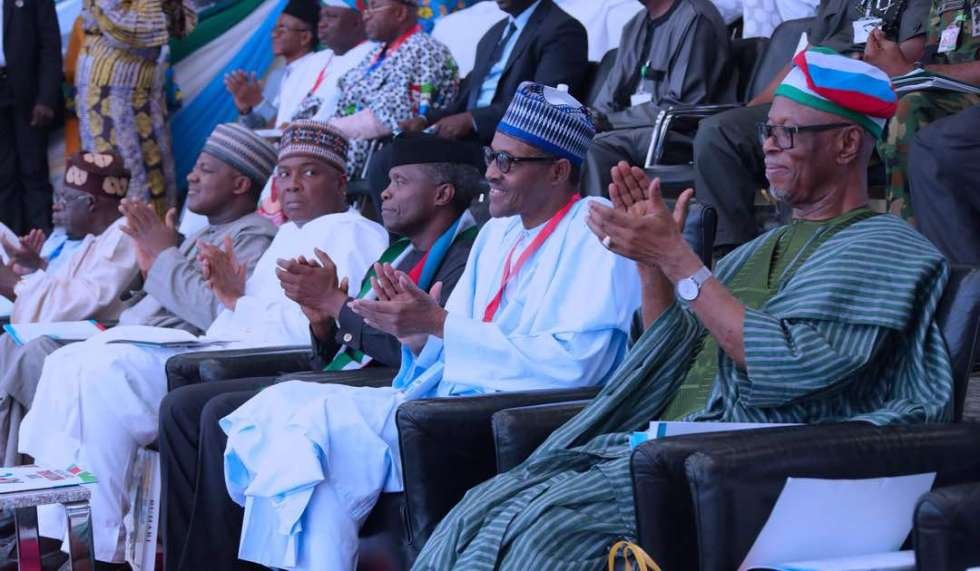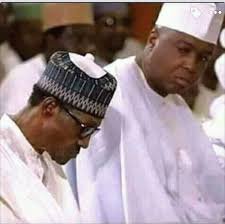And there were courts-martials, precedents to the Nuremberg trials, that found mountains of evidence and convicted dozens of government officials.
And that is good and right and just. It should be the same way for the Armenian genocide. But the Turkish government denies it ever happened.
Even when it feels like it’s receding too far, too fast into the past.



















